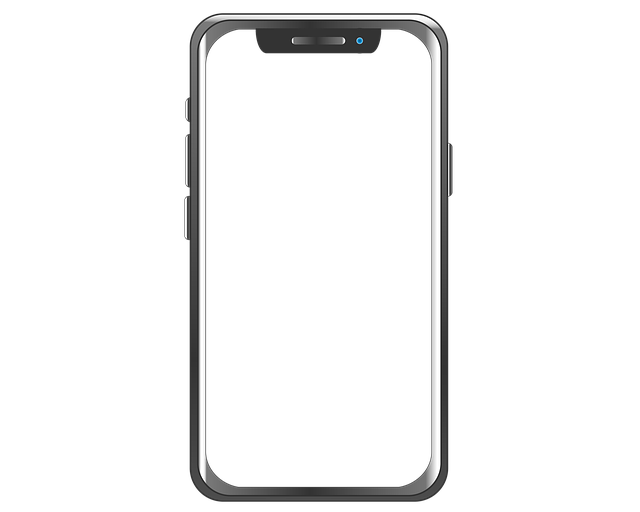In South Carolina, the Unfair Trade Practices Act (UTPA) protects consumers from unfair debt collection practices. Debt collectors must adhere to strict ethical standards, including fair treatment, accurate debt information, and avoiding deceptive tactics. Consulting a debt collector lawyer SC is vital for understanding your rights under UTPA, challenging abusive practices, and navigating the legal landscape effectively while protecting privacy. Keeping detailed records of communications is also essential for documenting potential violations.
“South Carolina’s Unfair Trade Practices Act (UTPA) safeguards consumers from abusive and unfair debt collection practices. This comprehensive guide delves into the intricacies of the SC UTPA, helping you understand when debt collection crosses the line. From recognizing unethical tactics to exploring your consumer rights, we navigate the legal complexities.
Learn how a debt collector lawyer in SC can advocate for your interests and provide strategies to combat unfair practices. Empower yourself with knowledge and assert your rights as a consumer.”
Understanding South Carolina Unfair Trade Practices Act: A Comprehensive Overview

In South Carolina, the Unfair Trade Practices Act (UTPA) plays a pivotal role in protecting consumers from deceptive or unconscionable acts by businesses and debt collectors. This comprehensive legislation is designed to ensure fair trade practices throughout the state, including interactions between debtors and creditors. If you’re facing debt collection issues, understanding your rights under this act can be crucial. A qualified debt collector lawyer in SC can provide insights into how the UTPA applies to your situation.
The UTPA prohibits various unfair methods of competition and deceptive acts in business transactions, including misrepresenting material facts or using pressure tactics to coerce consumers into making purchases they wouldn’t otherwise make. In the context of debt collection, this means that debt collectors must adhere to ethical standards, providing accurate information about the debt, avoiding false threats, and respecting consumer privacy. A lawyer specializing in SC debt collector law can guide you on how to navigate these complexities and ensure your rights are upheld throughout the debt resolution process.
When Does a Debt Collection Practice Become Unfair?

In South Carolina, a debt collection practice can become unfair under the state’s Unfair Trade Practices Act if it violates certain consumer rights and employs deceptive or harassing tactics. Debt collectors must adhere to fair and ethical standards when attempting to recover debts from consumers. They are prohibited from using aggressive, false, or misleading statements during their communications. For instance, misrepresenting the amount owed, claiming to have legal authority they don’t possess, or threatening actions they cannot take are all considered unfair practices.
Additionally, debt collectors in South Carolina must respect a consumer’s privacy and dignity. They should not call at unreasonable hours, use abusive language, or harass individuals or their families. A debt collector Lawyer SC can help consumers understand their rights and take action against unfair debt collection practices. If you believe your rights have been violated, consulting with an attorney specializing in this area may be a prudent step to protect yourself from further harassment and ensure your legal interests are upheld.
Rights of Consumers Under SC UTPA: What You Should Know

Under South Carolina’s Unfair Trade Practices Act (UTPA), consumers have specific rights protected against unfair or deceptive acts, especially in the collection of debts. If you’re facing debt collection issues in SC, understanding your UTPA rights is crucial. This law prohibits debt collectors from engaging in any unfair, abusive, or deceptive practices when attempting to collect a debt.
Consumers are entitled to fair treatment and accurate information regarding their debt. A debt collector lawyer in SC can help explain that collectors must provide validation of the debt, disclose the amount owed, and stop contacting you if certain conditions are met. They also cannot threaten legal action without intending to follow through or use false statements to intimidate. Knowing and exercising these rights is essential for protecting yourself from unfair debt collection practices.
Role of a Debt Collector Lawyer in SC: Navigating Legal Complexities

In South Carolina, a debt collector lawyer plays a pivotal role in navigating the state’s unique legal complexities surrounding unfair trade practices and debt collection. With the South Carolina Unfair Trade Practices Act (UTPA) in place, consumers are protected from aggressive or deceptive collection tactics. A skilled debt collector lawyer understands these laws inside out, ensuring clients’ rights are safeguarded throughout the process. They help interpret the UTPA’s provisions, especially regarding what constitutes unfair or deceptive acts, and guide clients on how to respond appropriately when their rights are violated.
These legal professionals also assist in communicating with debt collectors, negotiating settlements, and representing clients in court if necessary. Their expertise enables them to challenge unfair practices, such as harassment, false representations, or the use of misleading documents, which can lead to significant financial and emotional distress for individuals. By employing strategic legal avenues, a debt collector lawyer in South Carolina helps clients resolve their debt-related issues while upholding the fairness and integrity of the state’s consumer protection laws.
Strategies to Combat Unfair Debt Collection Practices

When facing unfair debt collection practices, South Carolina residents have rights and resources available to them. One crucial strategy is to educate yourself about the South Carolina Unfair Trade Practices Act (SCUTPA), which prohibits abusive or deceptive acts in debt collection. Consulting with a debt collector lawyer SC can provide valuable guidance on navigating your specific situation. Legal counsel can help you understand your rights, challenge unfair demands, and communicate effectively with collectors to resolve the issue amicably.
Additionally, keeping detailed records of all communications with debt collectors is essential. Documenting phone calls, emails, and letters allows you to track interactions and identify any violations of SCUTPA. Knowing your rights and being prepared to assert them can empower you to combat unfair debt collection tactics.






